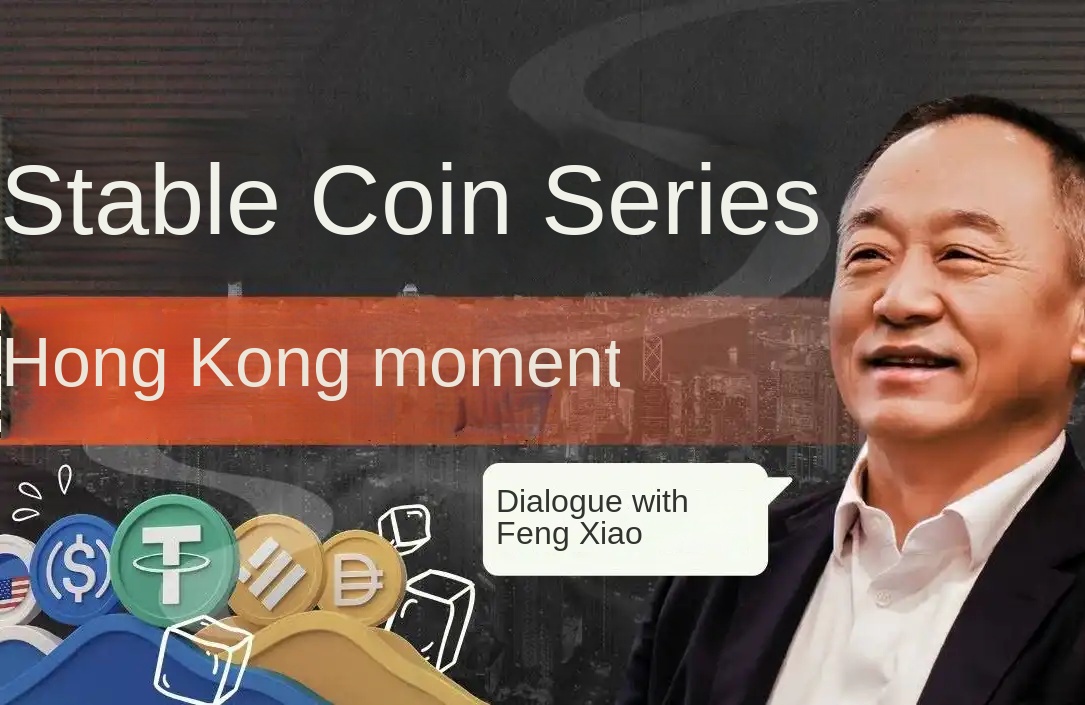In fact, not only Infura will collect user data, but these RPC providers will also
Original author: Leo
Recently, Ethereum infrastructure developer Consensys updated its The privacy policy states that when users transact using Infura as the default RPC, their IP and eth addresses will be collected.
Consensys, a 'Web 2' move, has raised concerns among users about the encryption of personal data Most users said: "In the Web 3 world, we need to ensure that IP and Ethereum addresses are not leaked during transactions to protect our privacy. It is recommended to replace RPC."
Infura's move certainly isn't right, but what about other RPC providers?
BlockBeats has sorted out several easy-to-operate third-party RPC providers, according to the public documents on the website , we found that many infrastructure developers in the industry also collect user data. Collecting users seems to be the unspoken rule of these RPC providers. The following RPC providers collect user data:
Alchemy is a widely used blockchain API. Alchemy's supernode service is used by Ethereum, Polygon, Arbitrum, Optimism, Flow, and Crypto.org. The service provides a wide range of API support, allowing developers to easily obtain multiple functions through a single node, including JSON-RPC support, while providing the powerful reliability required to run world-class applications on the blockchain, Data correctness and resilience.

The document shows: "When you use our services, we may will automatically Collect certain information such as your IP address, user settings, MAC address, cookie identifiers, mobile carrier, mobile advertising and other unique identifiers browser or device information, location information (including the approximate location of your IP address), and Internet Service providers. We may also automatically collect information about your use of our services, such as the pages you visit before and after using our services, link information you click, the type of content you interact with, the frequency and duration of your activities , and other information about how you use our Services.”
Moralis is a Web3 Develop middleware, which provides developers with a scalable back-end infrastructure, allowing users to focus on the front-end of the application. A series of complicated processes of interacting with the chain can be easily completed through Moralis, so as to save development costs and improve the reliability of the interactive functions on the chain. Similar to other competing products, Moralis also provides developers with on-chain alert push , smart contract monitoring and other functions. Currently, Moralis supports multiple networks such as Ethereum, BSC, Polygon, Solana, and Elrond. Developers can quickly develop cross-chain DApps based on Moralis.

File display : Moralis collects personal information when a user registers for an account or provides personal data to Moralis in any other way. Moralis also collects personal data based on the user's web activity and activity in emails sent to the user, including how the user uses its website and services and information from third parties; mobile phone information: name and contact details, such as email address, phone number, Location, job title, information about the company represented, tax information, credit card information, and services ordered by the user; account details, including user ID.
"For the avoidance of doubt, we do not save requested IP addresses to our on-chain nodes , and will not be analyzed or bundled based on user calls to nodes on our chain.”
Flashbots Protect
Flashbot Protect consists of API and RPC, Flashbots Protect API Simplifies a series of complex functions such as creating, signing and submitting bundled transactions. The Flashbots RPC endpoint launched by Flashbot for ordinary users allows users to customize and add to the wallet. After adding, transactions can be sent directly from the wallet to Flashbot, including in Uniswap, SushiSwap, etc. Transactions on DEX, as well as minting NFTs, can use the Flashbots network to protect transactions from MEV attacks.

The document reads: "We will only process your individual data, if we consider that processing is necessary and your legitimate interests, rights or freedoms do not override our legitimate interests in general, even if the company has hired other third parties to carry out certain activities on the company’s behalf, the company remains the data controller.”
QuickNode Provides elastic and dedicated nodes for user applications and DApps, that is, application programming interface (API), which can query blockchain data and facilitate the operation of decentralized applications. Similar to Infura, it reduces access to Ethereum data. threshold. However, it should be noted that what QuickNode provides is not a shared public node, but a dedicated node. Only accepts calls from user DApps, which improves blockchain access performance. It currently supports 11 blockchains, including BSC, Bitcoin, Solana, Optimism, Fantom, Terra, Arbitrum, Gnosis, Polygon, Ethereum, and Celo.

The document reads: "QuickNode may automatically collect information about computer Information about hardware and software .This information may include: your IP address, browser type, domain name, access time, and referring website address. This information is used to operate the service, maintain service quality, and provide statistical analysis about the use of the QuickNode website.”
The following RPC providers do not state in their website documentation whether they collect user data (may not or Undisclosed):
Pocket Network is also a decentralized API protocol serving Web3. Based on Pocket DAO, which guides the long-term development of the protocol, it provides a two-sided market composed of the supply and demand sides of the full node, one end is the application program, and the other end is the provider of the infrastructure running the full node. It is operated by tens of thousands of distributed nodes, and there is no centralized server and single point of failure. That is to say, even if a node that provides services for developers fails, other nodes will continue to provide services. Therefore, providing A solution with high fault tolerance, low cost and flexible API service.
Bware Labs It is a decentralized API infrastructure start-up company, building a multi-chain subscription-based API platform, providing an interface between blockchain API consumers and node providers, allowing enterprises and developers to implement multiple Data requests for integrated blockchain. Bware Labs disclosed on February 23 that it had completed a $600 funding round. Most of its team members are former Ankr developers, some of whom have also worked at Google.
On May 19th, Nodereal completed a round of financing of US$16 million. The round was led by Sky9 Capital.
Ankr is a decentralized Web3 infrastructure provider that helps developers, decentralized applications and stakers easily interact with various blockchains. Users can easily build DApps by accessing API and RPC.
It is reported that Binance Labs previously announced a strategic investment in Web 3 infrastructure provider Ankr; Earlier on November 23, Web3 infrastructure provider Ankr announced that it had become one of Sui's first RPC providers. The service is now available on the Sui testnet and will expand to mainnet connections immediately after launch (expected early 2023).
Appendix: How to replace your RPC
Replace RPC Steps: Open Little Fox Wallet, click on the upper right Angular account-settings-network;

Drop down to add network;

Click the bottom to manually add network ;

Manually add the network, you need to fill in the corresponding information in Network name choose yourself The required RPC URL link (the alternative part in the previous article needs to be registered to obtain the RPC link), fill in the corresponding URL address of your choice in the New RPC URL column;

You can find the website
a>Select the RPC URL address (copy URL) you need.

The example is as follows, Ethereum-nodereal is the replacement The latter is different from infura's RPC.

Reference: https://www.theblockbeats.info /news /29601
Welcome to join the official BlockBeats community:
Telegram Subscription Group: https://t.me/theblockbeats
Telegram Discussion Group: https://t.me/BlockBeats_App
Official Twitter Account: https://twitter.com/BlockBeatsAsia
 Forum
Forum OPRR
OPRR Finance
Finance
 Specials
Specials
 On-chain Eco
On-chain Eco
 Entry
Entry
 Podcasts
Podcasts
 Activities
Activities









